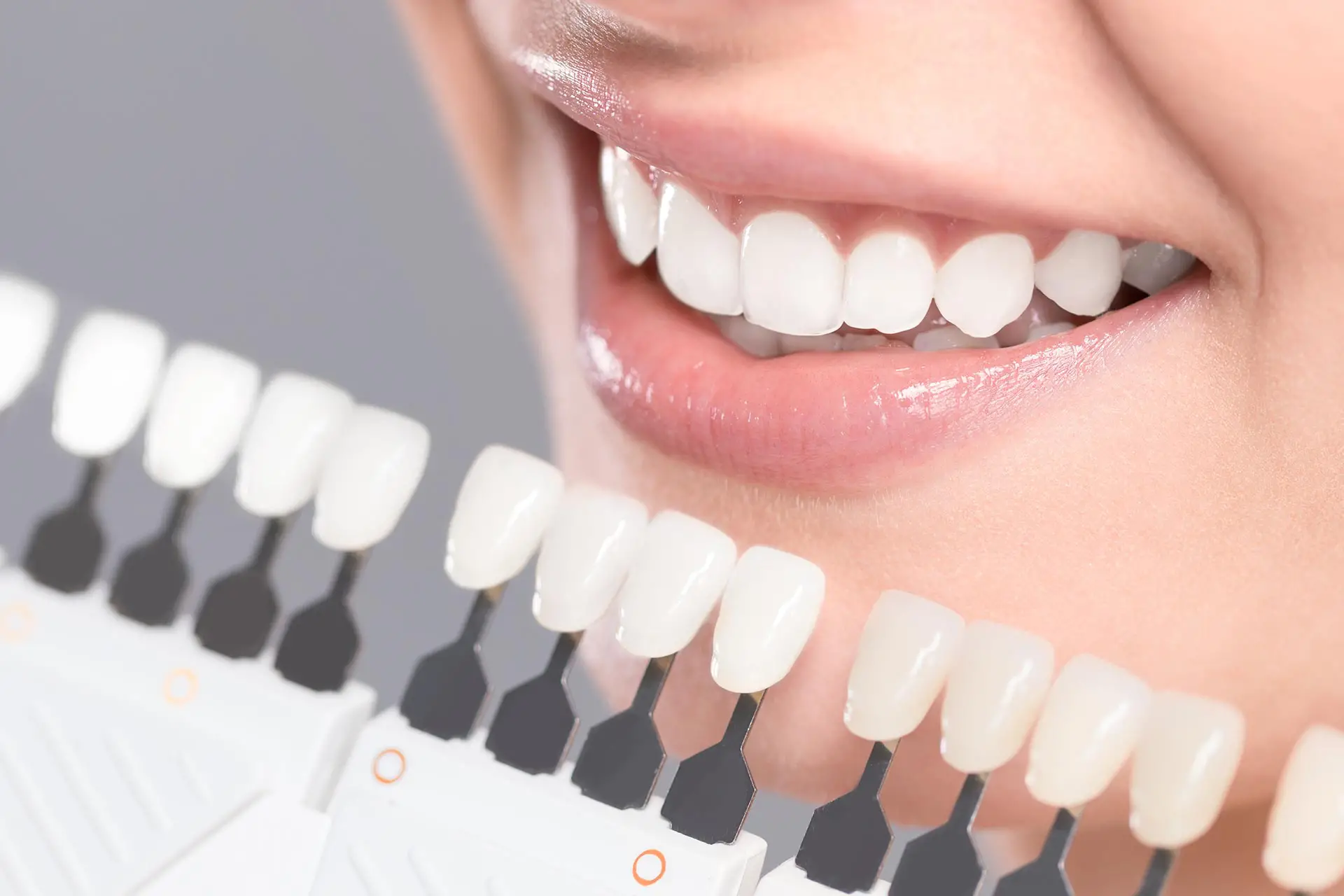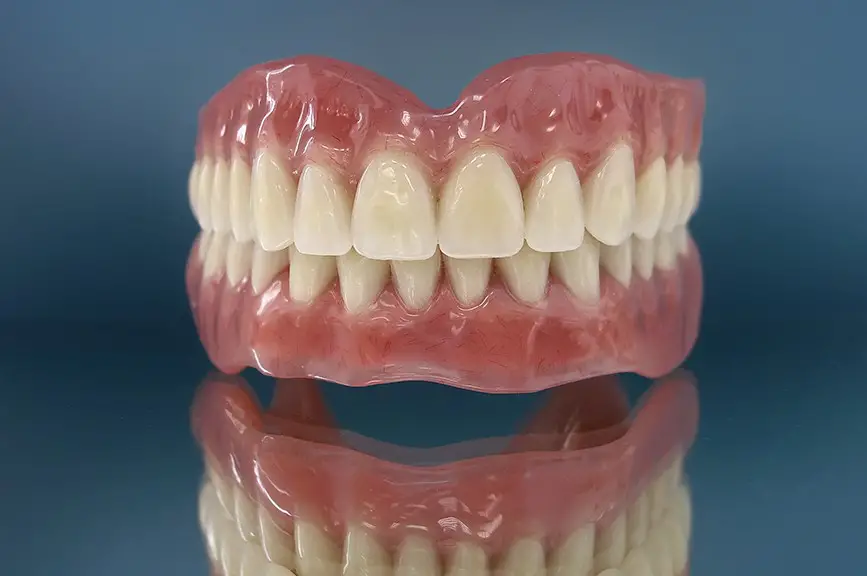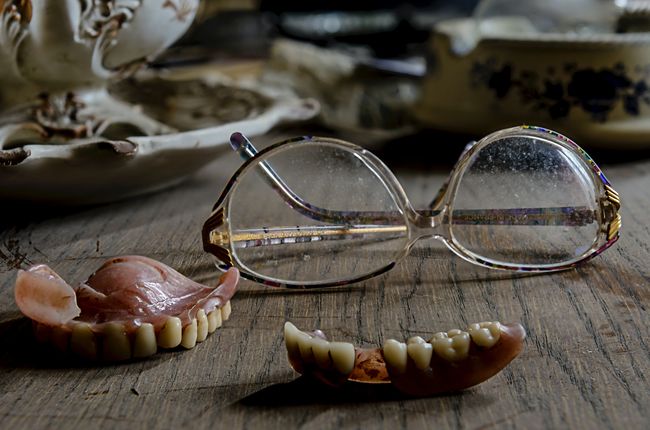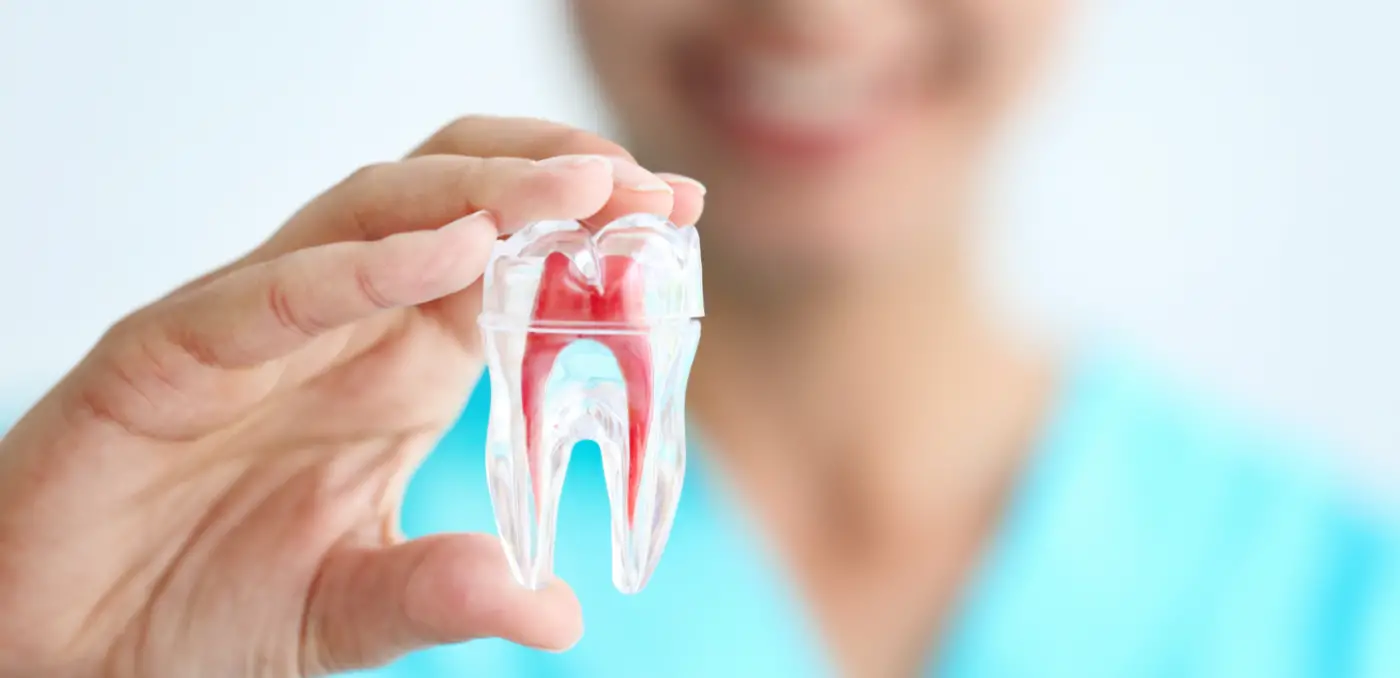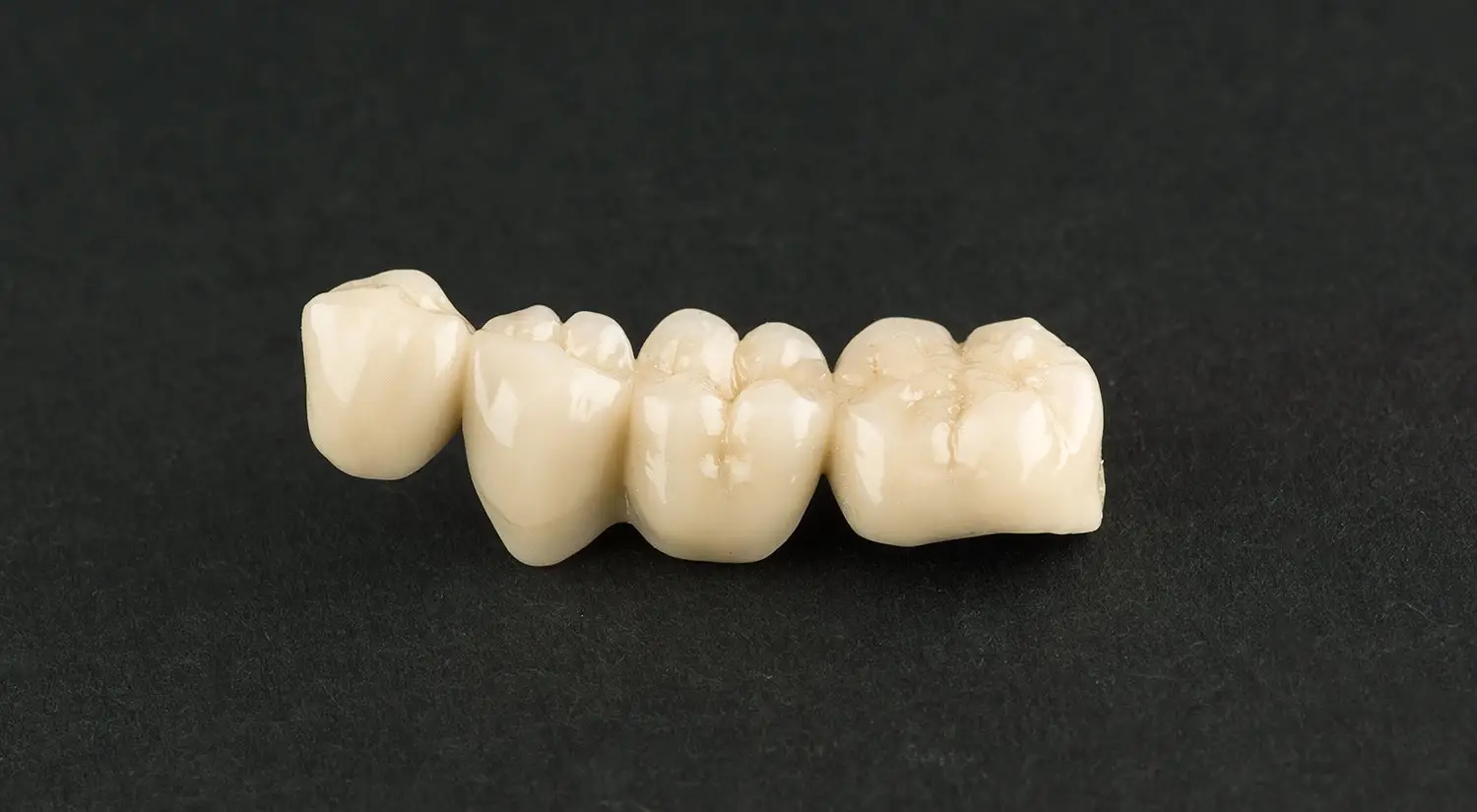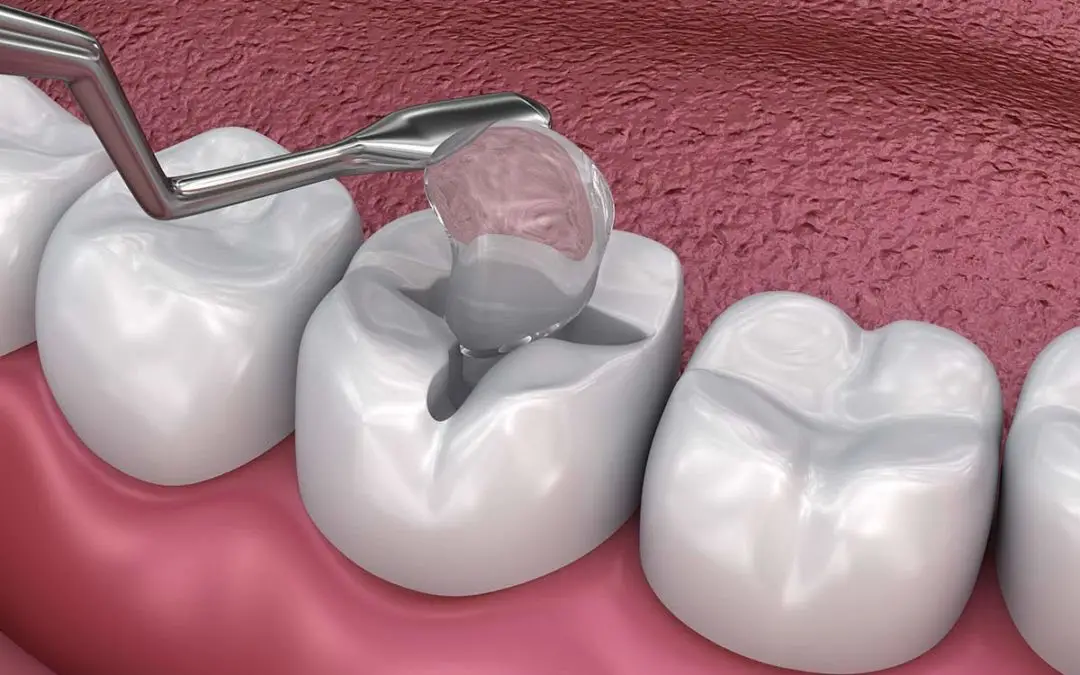Dental crowns are custom-made caps covering a tooth's entire visible portion, restoring its shape, size, strength, and appearance. They are typically used when a tooth is severely damaged, decayed, or weakened and cannot be restored with a simple filling. Our dentist often recommends Crowns in Lubbock, TX, after root canal treatment to protect a cracked tooth or cover a large filling when there isn't enough tooth structure left. They are also used for cosmetic purposes, such as covering misshapen or discolored teeth or anchoring dental bridges in place. Crowns can be made from various materials, including porcelain, metal, ceramic, or a combination, each offering different durability, aesthetics, and functionality benefits. By encapsulating the damaged tooth, a dental crown enhances the tooth's appearance and restores its function, allowing you to bite and chew properly while preserving the natural tooth underneath.
Signs You Might Need a Dental Crown
- When a tooth has extensive decay that can't be effectively treated with a filling alone, a dental crown is often required to protect and restore the tooth's strength and function.
- Teeth that are cracked, chipped, or broken are at risk of further damage. A crown can provide the necessary protection and support to prevent the tooth from worsening.
- Teeth with large fillings may become structurally compromised over time. A crown can help to reinforce and stabilize the tooth, reducing the risk of fractures.
- After a root canal treatment, teeth can become more brittle and prone to breaking. A crown helps to protect and strengthen teeth, ensuring their durability and functionality.
- For teeth that are misshapen, discolored, or have cosmetic issues, crowns can enhance their appearance and blend seamlessly with the surrounding teeth. Contact us to learn more.
Types of Dental Crowns
Porcelain Crowns
Porcelain crowns are highly popular due to their natural appearance. In color and translucency, they closely mimic the look of real teeth. They are an excellent choice for front teeth, where aesthetics are crucial. However, while porcelain crowns are very attractive, they can be less durable than other types and may be prone to chipping or cracking over time, especially if subjected to heavy biting forces.
Metal Crowns
Metal crowns, made from gold, palladium, nickel, or chromium alloys, are known for their exceptional strength and longevity. They are ideal for molars at the back of the mouth, where chewing forces are highest, as they rarely chip or break. The main downside to metal crowns is their metallic color, which makes them less suitable for visible teeth. Despite their appearance, metal crowns require less tooth structure removal compared to other types, preserving more of the natural tooth.
Porcelain-Fused-to-Metal (PFM) Crowns
PFM crowns combine the strength of metal with the aesthetic appeal of porcelain. The metal base provides a strong foundation, while the porcelain coating on the outside allows the crown to blend in with the natural teeth. While these crowns offer a good balance of strength and appearance, the metal underlayer can sometimes show through as a dark line at the gum line, and the porcelain may still chip under pressure.
Ceramic Crowns
Like porcelain crowns, ceramic crowns are made from a high-strength ceramic material and are ideal for restoring front teeth due to their natural look. They are metal-free, which makes them a good choice for patients with metal allergies. Ceramic crowns provide excellent aesthetics and are less likely to cause wear to the opposing teeth than hard materials like zirconia. However, they are slightly less durable than zirconia and may need to be more suitable for molars with higher bite pressure.
Composite Resin Crowns
Composite resin crowns are made from tooth-colored resin material that is less expensive than porcelain or metal crowns. They can be a good temporary option or used in less visible areas of the mouth. However, composite resin is less durable and more prone to wear and discoloration over time, making these crowns less ideal long-term solutions compared to porcelain, metal, or zirconia crowns.
The Benefits of Getting Dental Crowns
Restoration of Functionality
Dental crowns restore the full function of a tooth weakened by decay, trauma, or extensive dental work. They allow you to chew and bite effectively without worrying about the tooth breaking or causing discomfort. This is especially important for molars and premolars enduring significant pressure daily.
Enhanced Aesthetics
Crowns can significantly improve the appearance of teeth that are discolored, misshapen, or damaged. Porcelain and ceramic crowns, in particular, are designed to match your teeth' natural color and translucency, providing a seamless and attractive result. This helps boost confidence and ensure a natural-looking smile.
Protection and Durability
Crowns act as a protective barrier for vulnerable teeth, shielding them from further damage or decay. Encasing the tooth ultimately reduces the risk of fractures and provides long-lasting durability. This is especially beneficial for teeth that have undergone root canal treatments, which are more susceptible to breaking.
Support for Dental Restorations
Crowns in Lubbock, TX are crucial in supporting various dental restorations, such as bridges or implants. They can securely anchor dental bridges or cover dental implants to complete the restoration process. This functionality ensures a stable and functional dental solution for missing or damaged teeth.
Prevention of Further Dental Issues
A dental crown helps prevent additional oral health problems by covering and protecting a compromised tooth. This includes reducing the likelihood of further decay or damage, which can lead to more complex and costly treatments in the future. Crowns contribute to overall oral health maintenance and long-term dental well-being.
If you have damaged or weakened teeth, dental crowns could be the ideal solution to restore their function and enhance your smile. Visit Dr. James Thurber, DDS, at 2712 82nd St, Lubbock, TX 79423, or call (806) 745-6644 to schedule a consultation and learn more about how dental crowns can benefit you.


